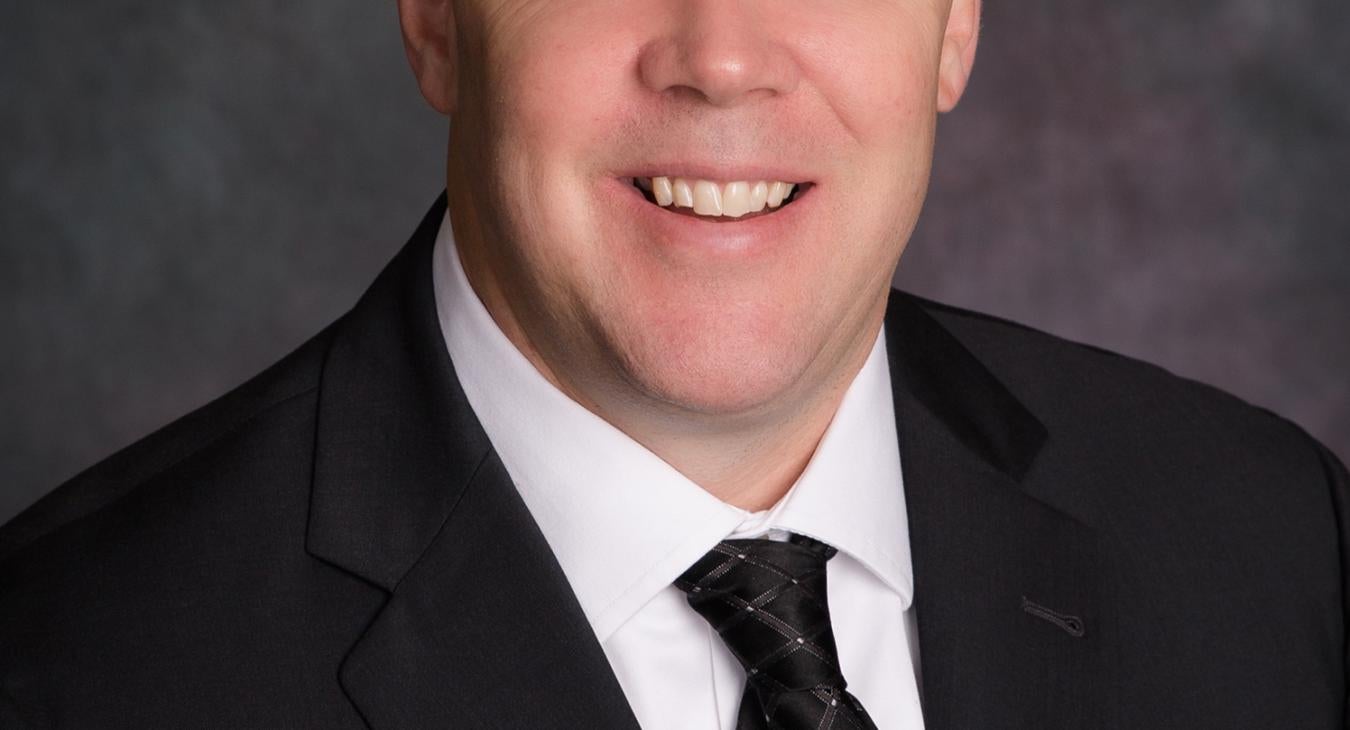By Mike Lammers, general manager of Cedar-Knox Public Power District
Safe, affordable, and reliable are the three pillars of public power that you have heard talked about many times before. Of these three, reliability is one that is not discussed very often as it has historically been taken for granted that it will always be there. The Nebraska Rural Electric Association (NREA) consists of power districts and electric cooperatives with very reliable distribution systems that typically do not own any large generation or transmission, as we are in purchase contracts for power with Generation & Transmission companies (G&T’s). However, we have reached a level of concern in the United States about the future of reliability on the transmission electrical grid due to the lack of reliable generation. I recently read an article from Jim Matheson, CEO of the National Rural Electric Cooperative Association (NRECA), that addressed his same concern for this issue and is working with policymakers in Washington, D.C. to try to prevent further risk moving forward.
This has been a hot topic across the industry for quite some time as many baseload generators have been retiring. Matheson reported the North American Electric Reliability Corporation (NERC) recently published the 2023 Summer Reliability Assessment and stated “an especially dire warning that America’s ability to keep the lights on has been jeopardized.” NERC warns that “two-thirds of North America is at risk of energy shortfalls this summer during periods of extreme demand.” This is not solely due to the retirement of conventional generation like coal but also includes factors like large increases in electricity demand, supply chain issues, widespread weather events, fuel delivery issues with natural gas and coal, and recent Environment Protection Agency (EPA) proposed rules that may force generators to meet strict emission restrictions.
While there is no problem with reducing or eliminating carbon-emitting generation long term, there must first be a reliable alternative in place before the coal and other baseload generation is removed. Wind and solar renewables can help serve the kilo-watt hour energy replacement but cannot replace the reliability of baseload generation being there when the wind doesn’t blow and the sun doesn’t shine. Matheson stated “American families and businesses expect the lights to stay on at a cost they can afford, but that’s no longer a guarantee. Nine states saw rolling blackouts last December as the demand for electricity exceeded available supply and the new EPA’s power plant rule will greatly compound the problem.” Nebraska residents are no different in that we expect the lights to stay on, irrigations to run, commercial and industrial businesses to be productive, and heating and cooling to be there when needed. We are also not strangers to rolling blackouts from back in February 2021, when we had short-duration blackouts across the state due to a very cold weather event that covered the vast majority of the U.S. This was not due to lack of generation within the state of Nebraska, but power shortages within a much larger footprint called Southwest Power Pool which is the Regional Transmission Authority from roughly North Dakota to North Edge of Texas.
It is good going into the future to hear that Matheson say “these reliability threats are unacceptable.” It is the policymakers and the EPA that must be very cautious as they proceed to ensure that all energy resources provide a diverse mix to ensure reliability and affordability into the future. While nuclear power is a clean, dependable power that I personally prefer, the current 10 plus years I hear for licensing and construction processes need to both be vastly improved, all while remaining affordable. They need to allow time for technology to develop and new transmission lines to be built to aid in the improvements to the grid system. While I feel confident, we live in a good part of the country with reliable power providers, we are still participants of the much larger Regional Transmission Organizations and extreme events have already proven they can happen. The old saying of “if it will happen” seems to be headed towards the path of “when and where will it happen” if we do not change our course for the future. For the time being, we need to slow down and prevent closures of baseload generation until we have the answers to ensure the lights come on when we need them, at a price we can all afford to pay.

